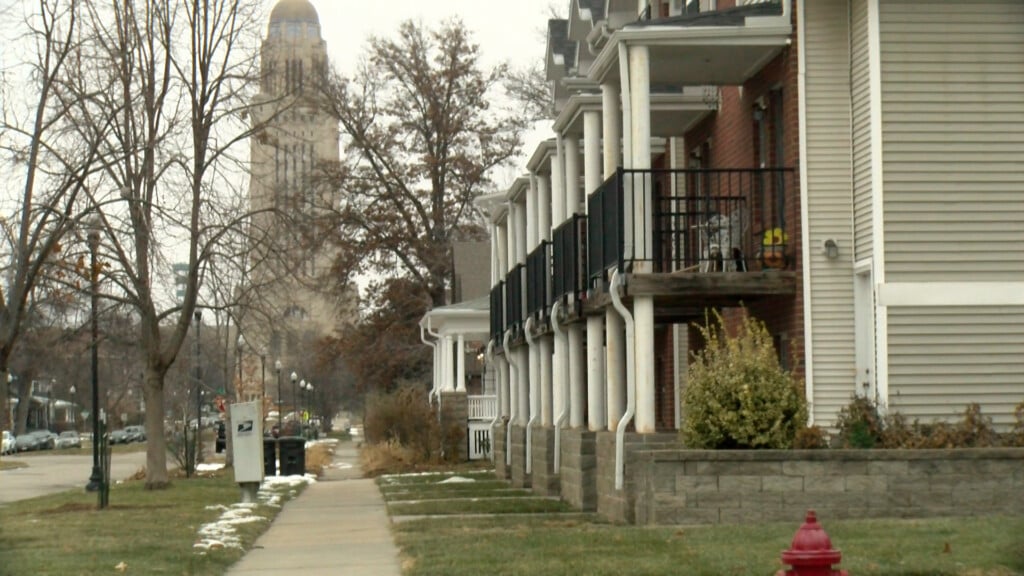Farmer near Waverly fears consequences of Trump tariffs
LINCOLN, Neb. (KLKN) – President-elect Donald Trump announced Monday that he plans to impose tariffs on Mexico, Canada and China.
He said the goal is to stop the flow of drugs and illegal immigration, but the economic consequences could be complex.
University of Nebraska-Lincoln economics professor Eric Thompson said tariffs have the consequences of both taxes and regulations, which could raise prices.
Some industries like steel and aluminum manufacturers could benefit from tariffs, but Thompson said overall, the U.S. economy could see significant disruption.
“I think there’s a general potential to harm business because the tariff regulations could make businesses less efficient and therefore not as competitive with companies around the world,” Thompson said.
Farmer Paula Peterson near Waverly said tariffs will raise prices for everyone.
“In basic economics, if something costs more to purchase it as a company, you got two choices,” Peterson said. “You’re either going to try to absorb it within your own business — which can sometimes lead to layoffs, where you’re not going to be able to keep employees because you got to cut cost someplace — or you pass it on to the consumers.”
She said products like soybeans and corn are in high demand, but countries could retaliate and place tariffs on them, which could reduce farmers’ income.
Some U.S. farmers received government aid during past tariffs, but Peterson said the relief may not fully compensate them for lost markets and higher prices.
And for farmers like her, uncertainty is the hardest part.
“Farming is a very uncertain future on any given day,” she said, and the insecurity about whether their crops will be exported is “concerning.”



